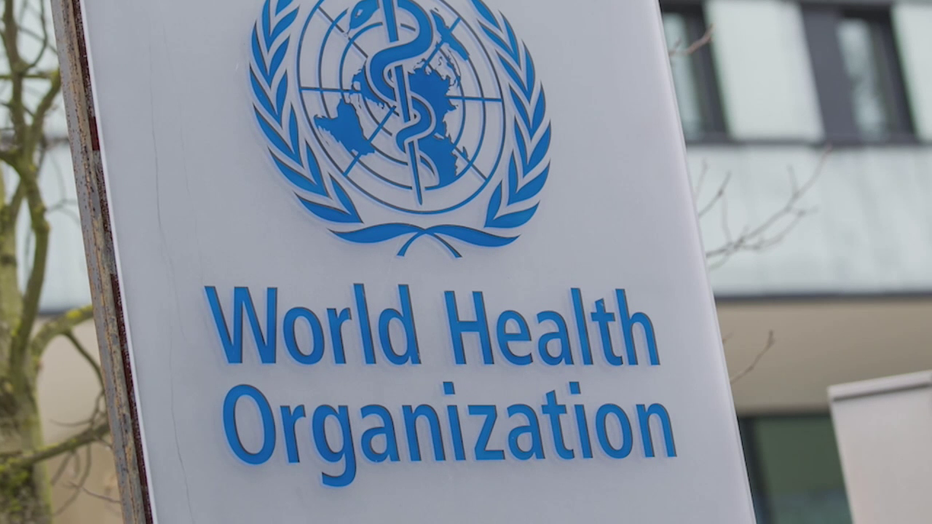More than 3 years later, WHO declares COVID-19 global health emergency over
TAMPA, Fla. - More than three years after the COVID-19 pandemic started, the World Health Organization declared the global health emergency over, and the US designation is set to end next Thursday.
The end to the US public health emergency declaration means changes for vaccines, treatment and pandemic help programs. The Department of Labor said group health plans will no longer be required to cover COVID-19 testing including over-the-counter tests for free, plus more.
"Treatment and vaccines have always been free when it's been available. And we should expect that it's no longer going to be free," said Dr. Vincent Hsu, the executive director of infection prevention and epidemiology at AdventHealth in Tampa Bay. "It's going to be treated like every other disease stage. So, you may have to pay for vaccines. You may have to pay for treatments."
RELATED: WHO says COVID-19 pandemic no longer global emergency
Dr. Hsu said Floridians should look out for changes to insurance coverage plans.
"Another big important issue is that the insurance coverage, especially for patients on Medicaid, is has a big impact. During the PHE, the public health emergency, there wasn't a need to reenroll in Medicaid, but now with that ending, states now have the ability to disenroll patients," said Hsu. "So, you have to make sure that if you have Medicaid, that you renew that."
Over the past three years, doctors said we’ve had a crash course on respiratory etiquette.

"So things such as not going to work or to school when you're having a respiratory infection and fever, for example, covering your cough," said Hsu. "I think in the health care setting, we're screening our patients more to make sure they don't have illnesses in which they could transmit to other patients who may be in the waiting room, for example."
READ: US to end most federal COVID-19 vaccine mandates next week
According to the Centers for Disease Control and Prevention, COVID is putting more than 1,000 people a week in the hospital now, and the virus is sticking around.
"Last week COVID-19 claimed life every three minutes. As we speak, thousands of people around the world are fighting for their lives in intensive care units, and millions more continue to live with the debilitating effects of post covid-19 condition," said Tedros Adhanom Ghebreyesus, the WHO director-general. "This virus is here to stay. It's still killing, and it's still changing. The risk remains of new variants emerging that cause new surges in cases and deaths."
Going forward, eyes will be on variants, tweaking the vaccines to match and more.
"COVID is going to be rolled in like every other disease process. Make sure you're covered as much as possible if you don't have insurance. There are resources and clinics to help you to help get treatment for disease processes," said Hsu.
With the shift coming next week, the CDC said it will stop tracking new infections and focus more on the number of people hospitalized. COVID-19 assistance programs will

